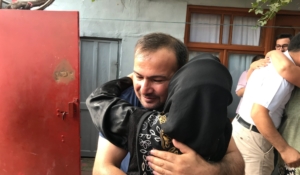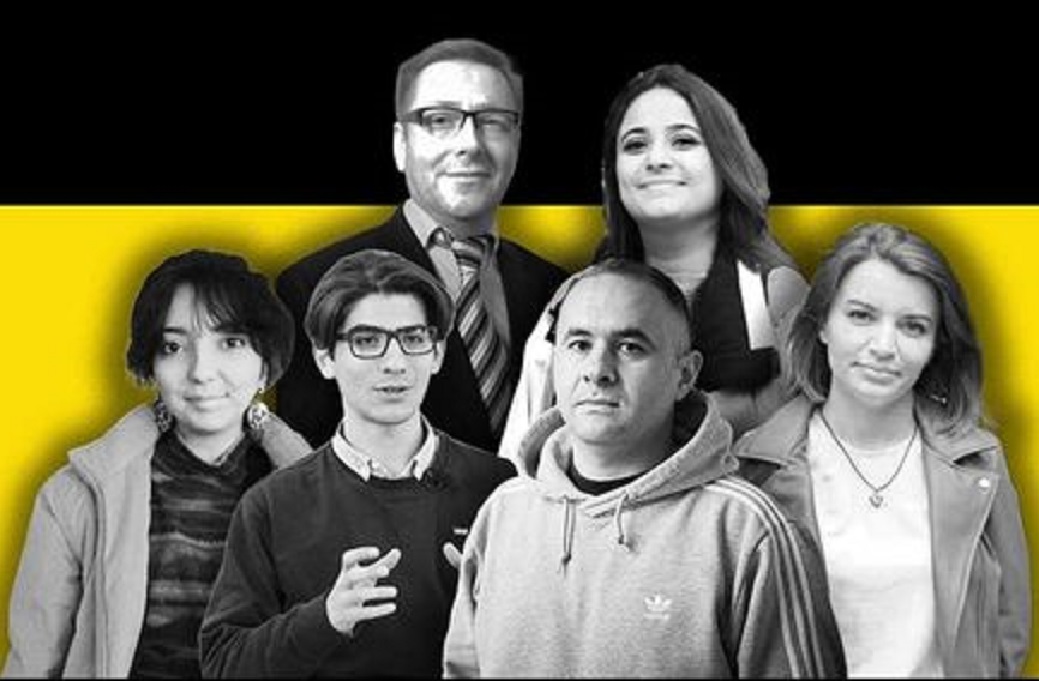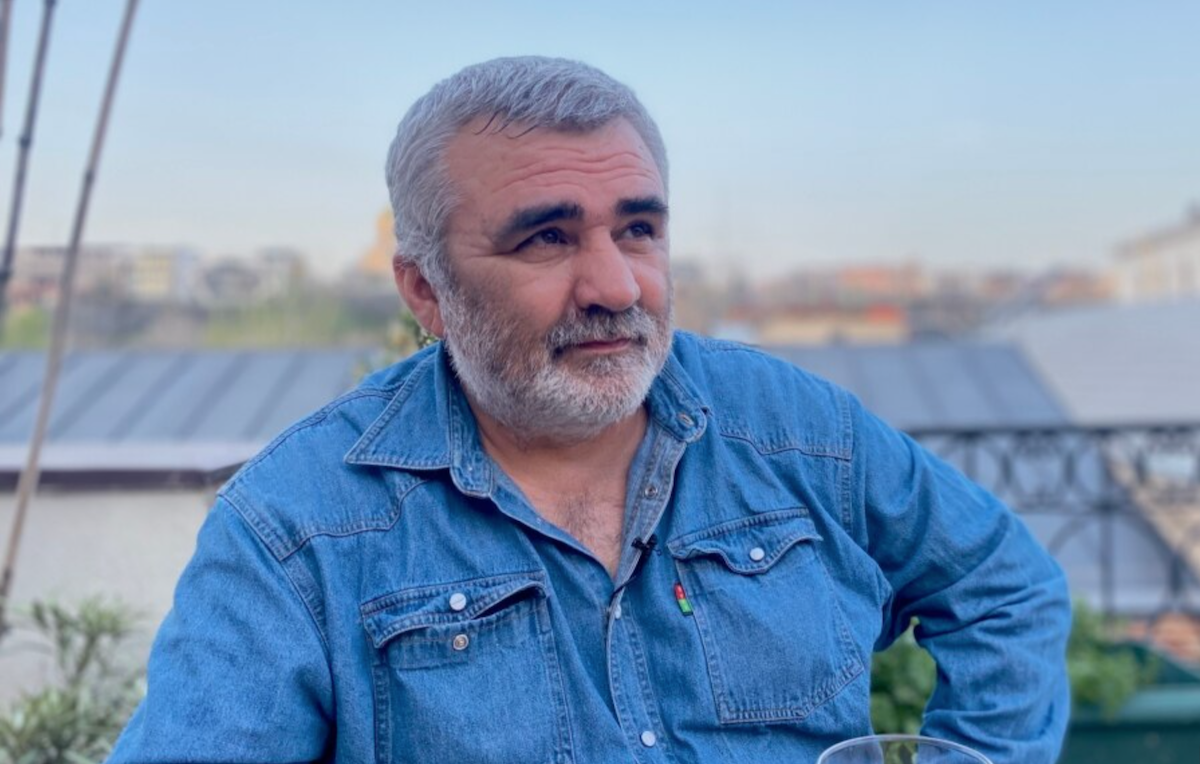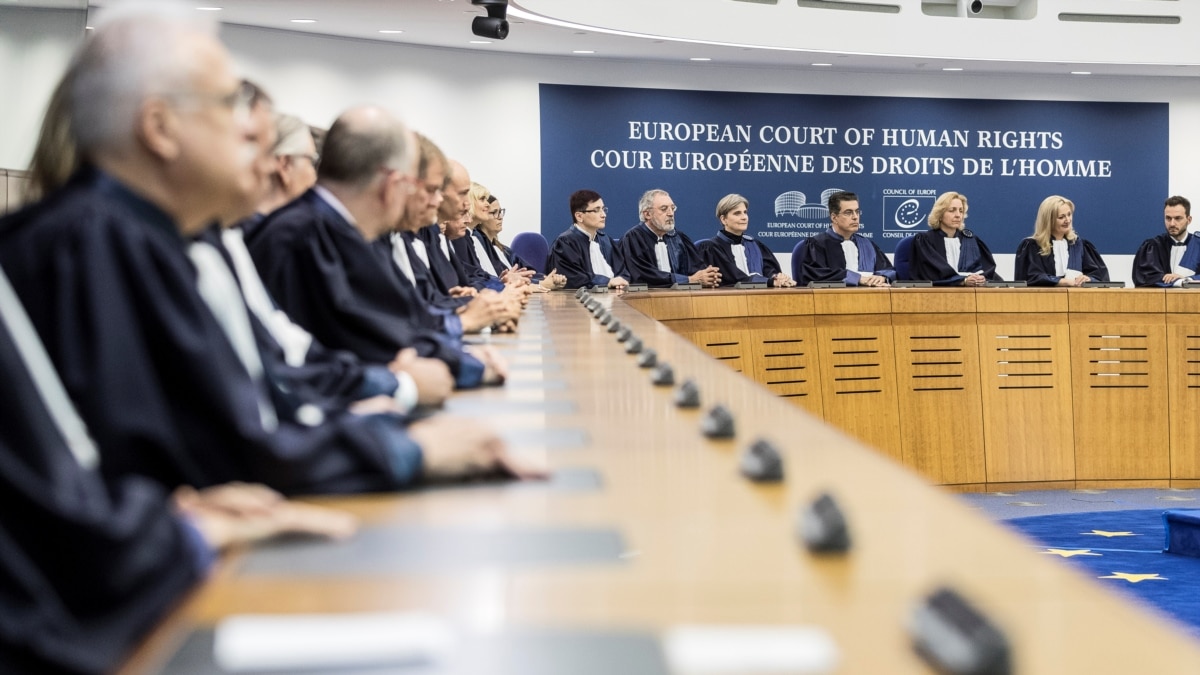After ten years, the ECHR ruled the arrest of Azerbaijani journalist unlawful
ECHR Rulings on Azerbaijan
On October 24, the European Court of Human Rights (ECHR) announced five decisions regarding 17 applications from Azerbaijan, acknowledging full or partial violations of the applicants’ rights in each case.
- Georgia’s 2024 parliamentary elections: Figures, facts, and new rules
- “The Bidzina Ivanishvili regime could be toppled by a small external push.” A perspective from Baku
- Atlantic Council staff in Georgia view the searches of their apartments related to fraudulent call centers as harassment
The ECHR found the criminal prosecution of journalist Seymur Hazi, arrested in August 2014 and sentenced to five years in prison for hooliganism, to be unlawful.
The court recognized a violation of Hazi’s rights under Article 6 (right to a fair trial) of the European Convention and ordered the government to pay him €4,600 in compensation.
In another ruling, the ECHR recognized a violation of journalist Hafiz Babaly’s rights. Along with Babaly, five other Azerbaijani citizens were applicants in this case, which stemmed from a ban on a protest against violations of their property rights in 2008.
The court found a violation of the applicants’ rights to a fair trial and freedom of assembly, ordering compensation for moral damages totaling €5,800, along with €1,500 for legal costs.
It’s worth noting that investigative journalist Hafiz Babaly has been in detention since December 2023 in connection with the “Abzas Media” case, alongside five other employees of the outlet. They face charges of seven serious crimes, including conspiracy to smuggle, with potential sentences of up to 12 years.
In the case of “Gadjibaba Azimov and Others v. Azerbaijan,” the ECHR recognized a violation of the applicants’ property rights after they were forcibly relocated by the Baku municipality for park construction.
The court gave the Azerbaijani government three months to negotiate fair compensation with the applicants. If an agreement is not reached, the ECHR will determine the compensation amount itself. The applicants estimated their compensation at 2,101,602 manats (approximately $1,236,236).
A similar ruling was issued in the case of “Agaev Firm and Zulfugarzade v. Azerbaijan,” concerning the illegal expropriation of a house and land owned jointly by the firm and two individuals. The property was taken during the construction of the “Winter Park” complex in central Baku.
The applicant sought to declare the administrative acts of the government regarding the expropriation illegal. While the Azerbaijani government agreed to pay the applicant 1,500 manats (approximately $882) per square meter of property for material and moral damages, this decision has not been implemented.
The applicant requested the ECHR to recognize violations of their rights to a fair trial, property rights, and effective legal remedies. The ECHR confirmed violations of property rights and the right to a fair trial.
The applicant sought compensation totaling €800,000. The Strasbourg court, not prepared to determine the damage amount, gave the applicant and the government three months to reach an agreement. Otherwise, the ECHR would decide the compensation itself. The applicant was represented by lawyer Fuad Agaev.
In the case of “Namizad Safarov and Others v. Azerbaijan,” seven applications were consolidated. The applicants sought recognition of violations of their rights to peaceful assembly. The government unilaterally acknowledged the violations and expressed willingness to compensate the civil society activists with €1,350 each for moral damages and €225 for legal expenses.






















